10 Lessons in leadership
One of the most effective leaders I know packaged a lifetime of outperformance in a 5 minute speech on his retirement. This post shares the essence of his leadership philosophy.
Lesson No 10: We suck
Constructively challenge your team – we can do better. We need to attain mastery in our craft, if we want to win consistently.
Less No 9: Bullshit
Authentic feedback and coaching. Honest. Direct. No Bullshit.
People will accept you as you are. Feel comfortable in your skin and in being yourself.
Lesson No. 8: Mickey Mouse
The idea or proposal is too small. We need to think bigger. Do we have an inspiring purpose? Does it matter to the world?
Lesson No. 7: Play hard and work hard
Every idiot can work hard, so playing hard is much more critical.
Playing hard is essential for two reasons. One is to have fun with your team and to inspire your team. The second is to live a balanced lifestyle to avoid insanity.
Your team needs to be effective, and so do you - so play hard.
Lesson No. 6: Go back
Our team still needs to do its homework; the numbers are wrong, and there needs to be more attention to detail.
Lesson No. 5: Be the lone nut
Creating the right culture is your No 1 job. Do not fear to be the ‘lone nut’. Others will follow you. Put your flag where people can see it - right next to your Purpose.
Lesson No 4 : Strategy + People + Execution
This is a very useful framework. Remember to spend 90% of your time on People, culture and execution and 10% on strategy. Many smart people can figure out the strategy – you can always pay them. There is no point thinking if you cannot do.
Lesson No. 3: I trust you
Hire and surround yourself with the best people. Then show them your love.
You leave them alone after the meeting to do a great job.
Don’t pester, annoy, confuse, or reduce their motivation.
If you trust them, you will give them freedom. While you need to build cohesive and vibrant teams never forget that human beings need autonomy, mastery and purpose.
They will likely not enjoy the role if you don’t trust them. Work with them - and either get to a point where you trust them or help them move somewhere they are happier.
Lesson No 2: The fish stinks from the head
Drive organisational change starting at the top of the organisation.
If you have a problem with a company, a function or a region, you don’t start with the little people – always start with the leadership of that unit and then make organisational changes top down.
Lesson No 1: Bottom feeder
Have a clear performance rank and competition in place. The bottom 10%, on a repeated basis, will leave the organisation.
This may seem harsh, but it’s not - clearly, these people won’t be enjoying the culture and are unlikely to progress here - maybe they have strengths that make them a great cultural fit elsewhere.
Don’t stop them from going to that other place and have a chance to thrive rather than hold them back in a miserable role. It’s harsher to hold them back where they will not succeed or be happy.
There is a very strong correlation between performance and growth in organisations, and you must reward performance.
If you are yourself the bottom feeder for too long, consider whether you are holding the organisation back and would be more successful elsewhere.
If you enjoyed this post, please share it with others
Check out some of my other Frameworks on the Fast Frameworks Substack:
Fast Frameworks: A.I. Tools - Chatbots
Video: A.I. Frameworks by Aditya Sehgal
The job satisfaction framework
Fast Frameworks - A.I. Tools - Suno.AI
The Set Point Framework for Habit Change
The Plants Vs Buildings Framework
Spatial computing - a game changer with the Vision Pro
The 'magic' Framework for unfair advantage
The Innovation Pyramid Framework
The one-page meeting mastery framework
Further watching: See this animated explainer of the concepts behind Daniel Pink’s drive





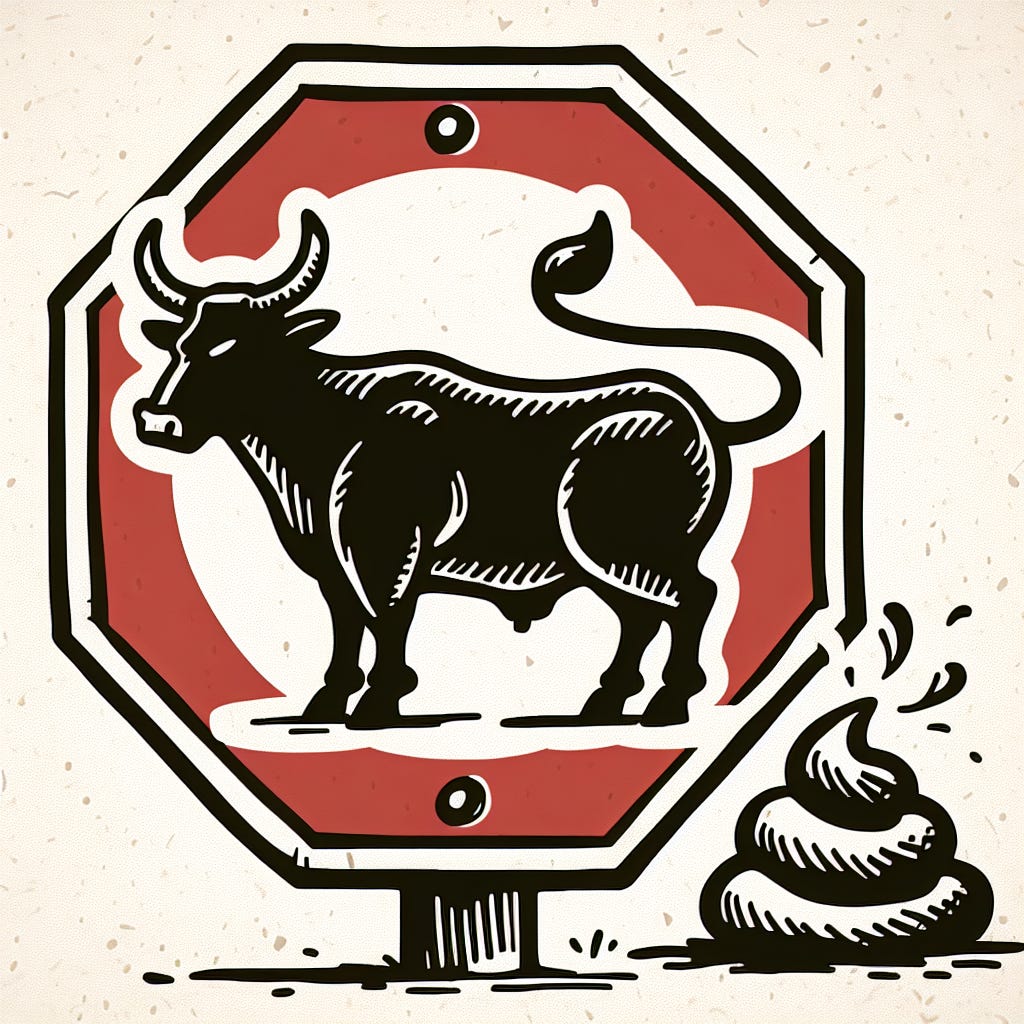

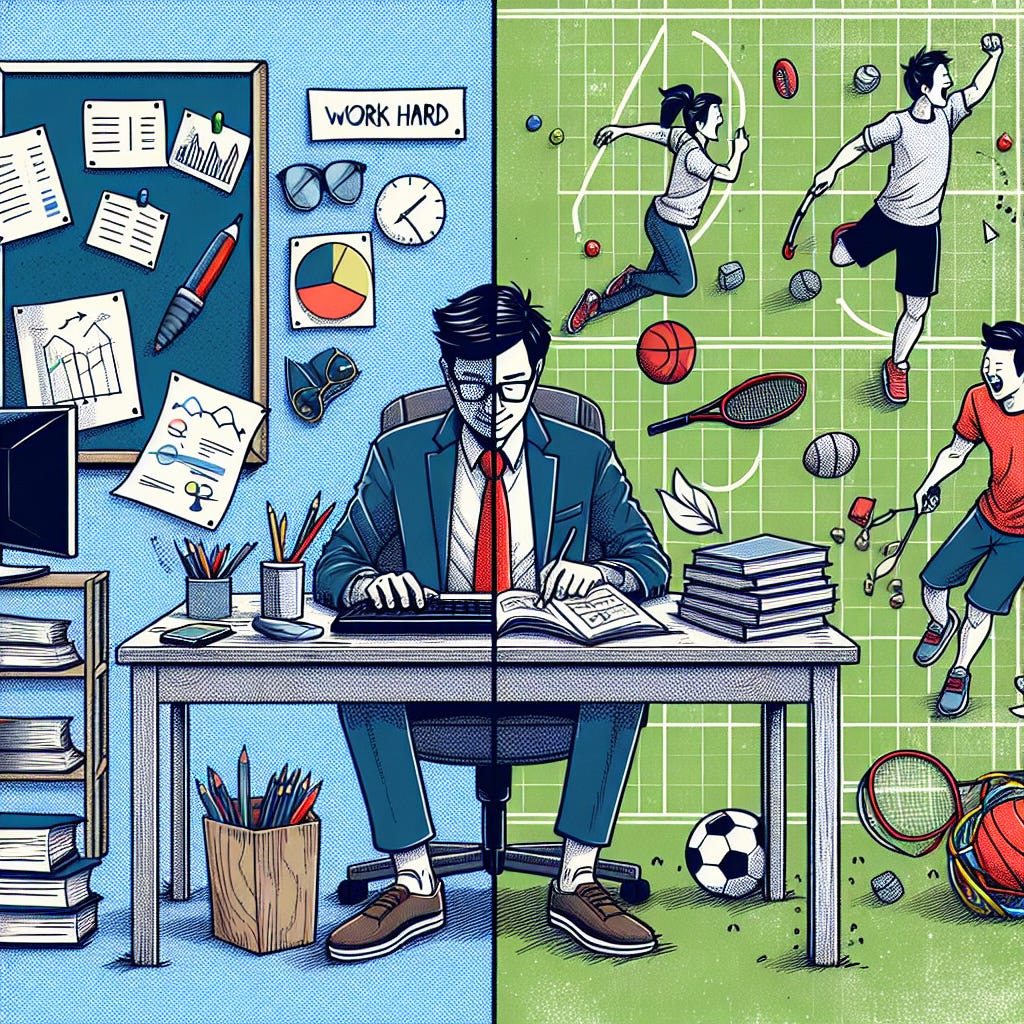

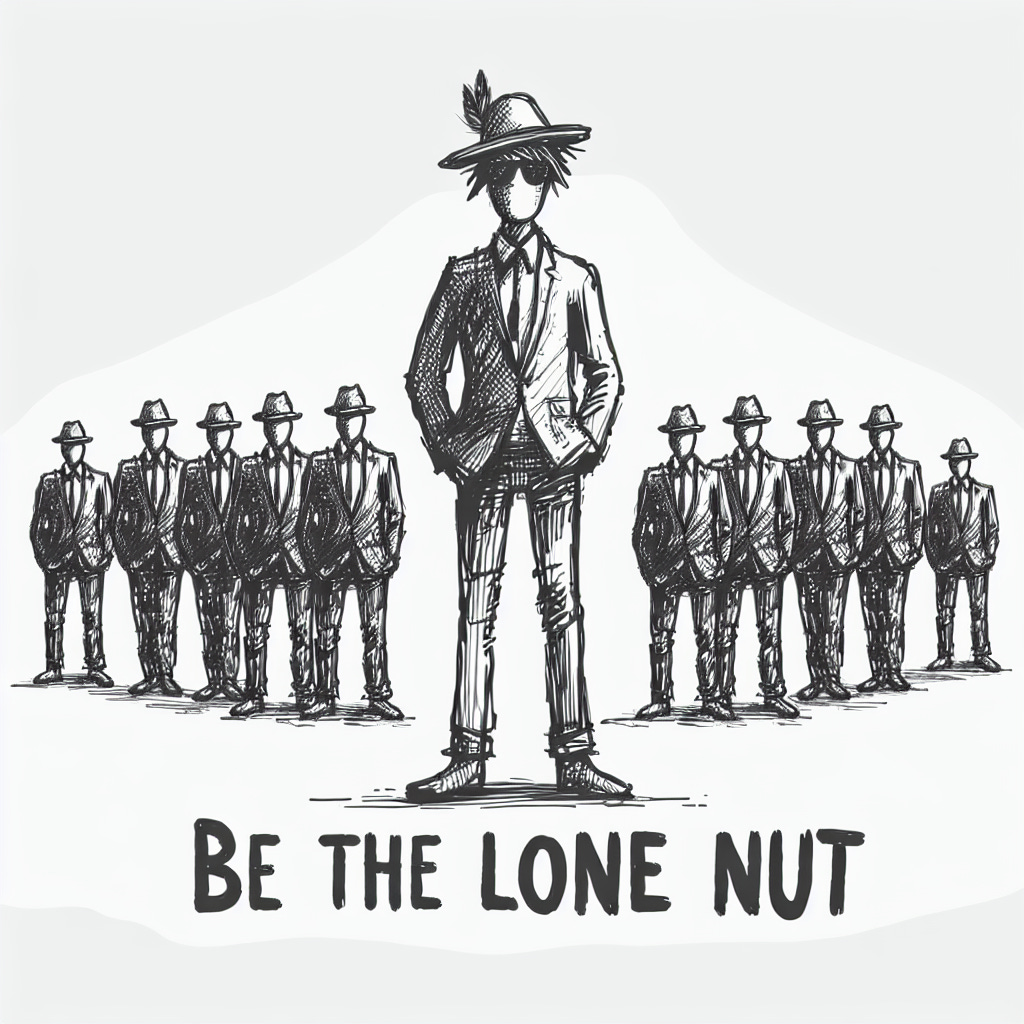
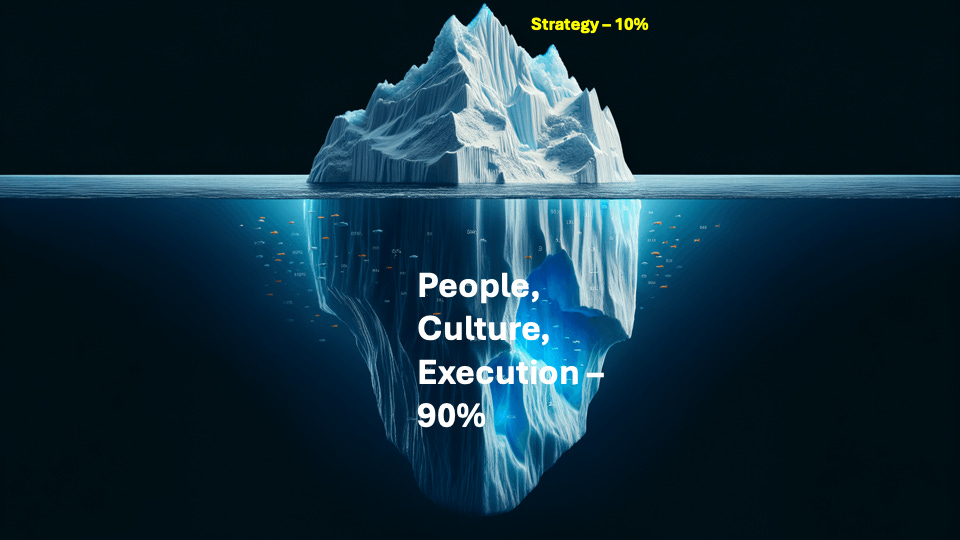

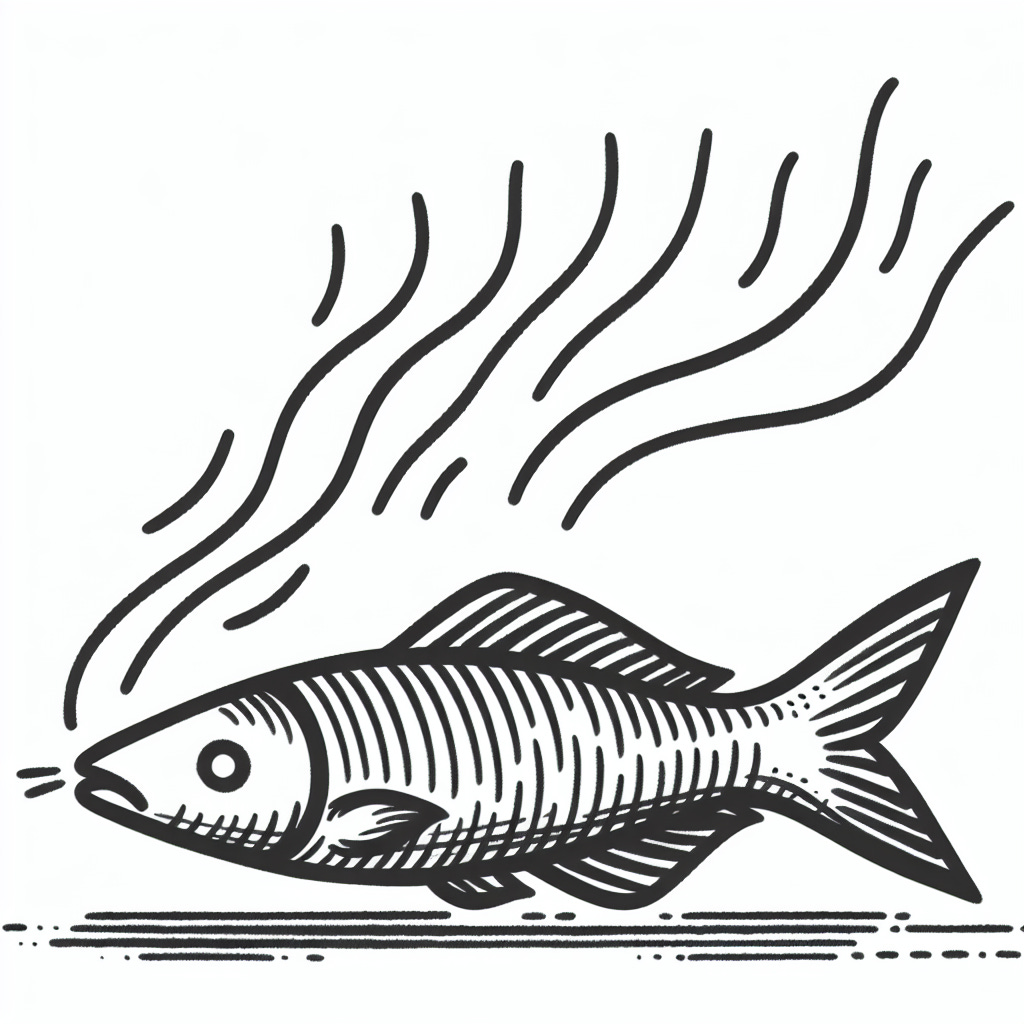

All very valid!
Very memorable lesson names. I love them! An observation:
There's a transpose to the Bottom Feeder. Let me call them the Change Makers. This lot is typically the most invested and also often the most infuriated. Problem is orgs sometimes demand employee investment without wanting to deal with their dissatisfaction. In my experience the two go together. The rest mostly just coast. Which makes me imagine the Lone Nut and the We Suck as those agent provocateurs. If they cannot have the freedom to be dissatisfied and have the agency to do something about it, they will leave, sooner than later.